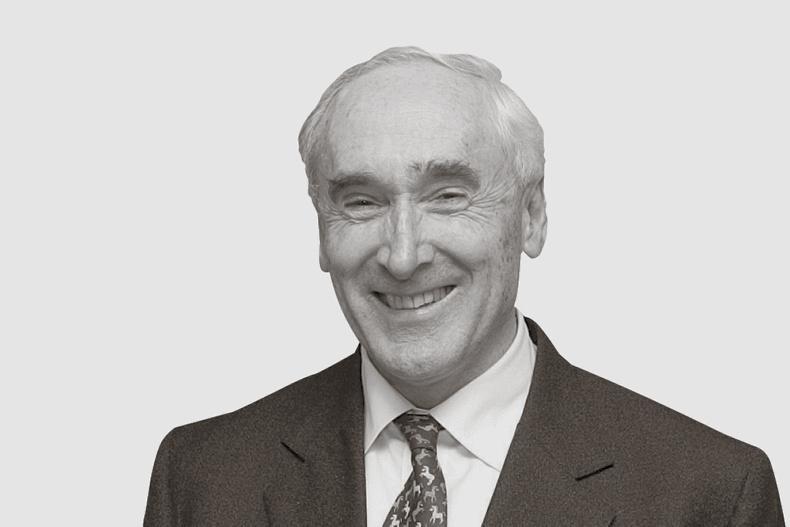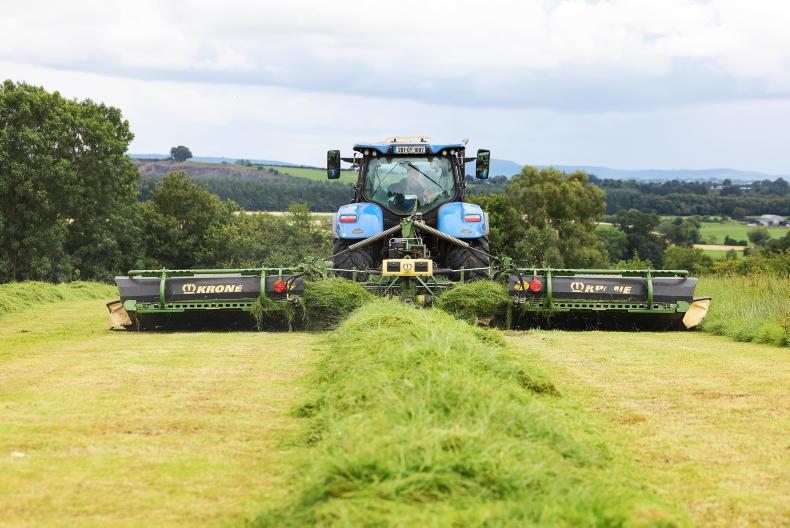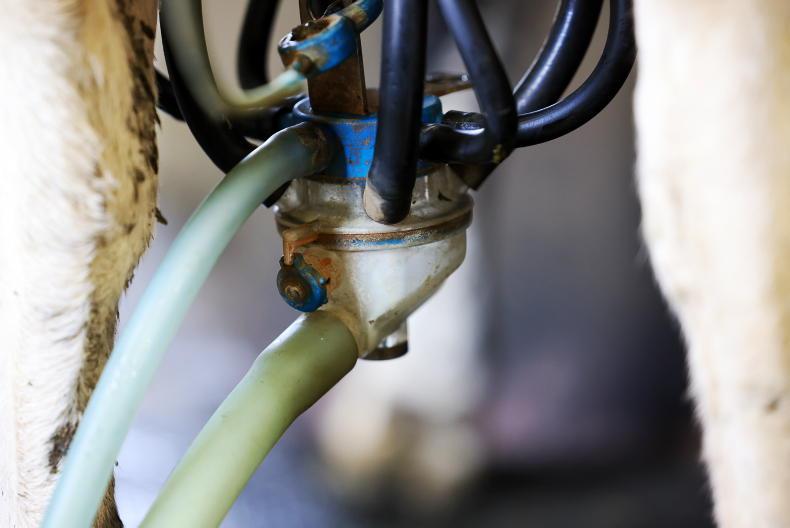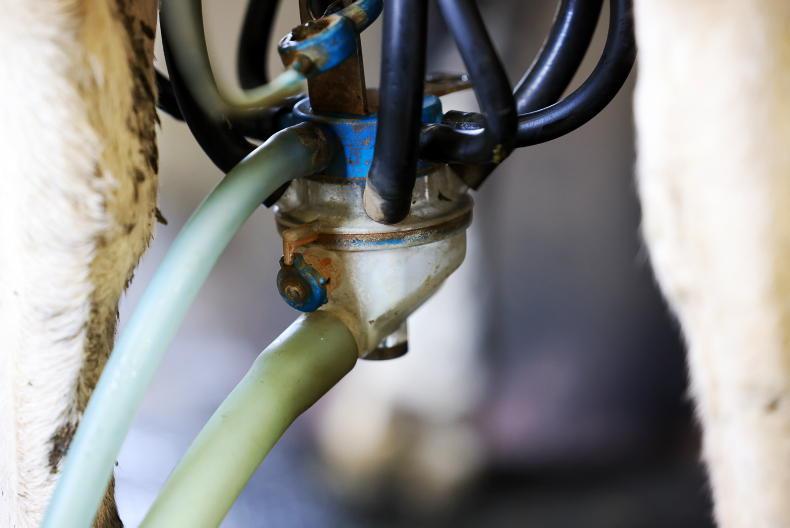As Professor of Agricultural Economics in UCD, Seamus Sheehy has left an indelible mark.
As a student, I remember looking forward with a sense of real anticipation, to his lectures. With the benefit of hindsight, the reason was clear. He was a brilliant lecturer and communicator but more to the point, he explained in understandable terms, how and why the market was tilted against farmers. His speciality was agricultural policy and the reasons why there was a need for an agricultural policy was spelled out with clarity. We absorbed the brutal fact that farmers were all ultimately in competition with each other and that inevitably, the gap between what farmers got for their products and what consumers pay would inevitably, over time, widen.
Farmers would, Seamus Sheehy asserted, tend to over-produce and so, the prices would be pushed down. This was probably one of the most valuable lessons – the realisation that regardless of income, people had to eat. In those days, food typically accounted for over 30% of household income – today the figure is closer to 10%. But while consumers would eat almost regardless of how high the price was, if the price dropped even to zero, they would eat very little extra and so, he argued, that supply control in the form of a dairy quota was an entirely logical policy in the context of the early 1980s. When conditions changed he advocated that the quota policy be reversed.
Sheehy also used to great effect the parable of the Egyptian pharaoh and the seven years of plenty when supplies were taken off the market to prevent a price collapse and released during the following seven lean years when there were a succession of bad harvests. This was the original intervention policy but it also tied economics in with the inherent variability faced by farmers because of weather fluctuations or disease pressure.
He demonstrated clearly why the UK’s deficiency payment system suited a rich importing country so well as it protected their own farmers but let their consumers have access to the cheapest food in the world. No wonder Ireland as a major food exporter was so keen to join the then common market and that their loyalty has been steadfast ever since.
Sheehy explained all these concepts to his students and to the broader Irish public – to many, he was the voice of Irish agri economics – logical and full of common sense and courtesy with a remarkably clear, authoritative delivery. He served on several boards including AIB (well before the crisis) and Greencore, as well as on several government study groups and committees.
To his devoted wife, Síle, and family, we offer our sympathies. May he rest in peace.
Read more
Seamus Sheehy passes away
Cheap food, but at what cost to the farmer?
As Professor of Agricultural Economics in UCD, Seamus Sheehy has left an indelible mark.
As a student, I remember looking forward with a sense of real anticipation, to his lectures. With the benefit of hindsight, the reason was clear. He was a brilliant lecturer and communicator but more to the point, he explained in understandable terms, how and why the market was tilted against farmers. His speciality was agricultural policy and the reasons why there was a need for an agricultural policy was spelled out with clarity. We absorbed the brutal fact that farmers were all ultimately in competition with each other and that inevitably, the gap between what farmers got for their products and what consumers pay would inevitably, over time, widen.
Farmers would, Seamus Sheehy asserted, tend to over-produce and so, the prices would be pushed down. This was probably one of the most valuable lessons – the realisation that regardless of income, people had to eat. In those days, food typically accounted for over 30% of household income – today the figure is closer to 10%. But while consumers would eat almost regardless of how high the price was, if the price dropped even to zero, they would eat very little extra and so, he argued, that supply control in the form of a dairy quota was an entirely logical policy in the context of the early 1980s. When conditions changed he advocated that the quota policy be reversed.
Sheehy also used to great effect the parable of the Egyptian pharaoh and the seven years of plenty when supplies were taken off the market to prevent a price collapse and released during the following seven lean years when there were a succession of bad harvests. This was the original intervention policy but it also tied economics in with the inherent variability faced by farmers because of weather fluctuations or disease pressure.
He demonstrated clearly why the UK’s deficiency payment system suited a rich importing country so well as it protected their own farmers but let their consumers have access to the cheapest food in the world. No wonder Ireland as a major food exporter was so keen to join the then common market and that their loyalty has been steadfast ever since.
Sheehy explained all these concepts to his students and to the broader Irish public – to many, he was the voice of Irish agri economics – logical and full of common sense and courtesy with a remarkably clear, authoritative delivery. He served on several boards including AIB (well before the crisis) and Greencore, as well as on several government study groups and committees.
To his devoted wife, Síle, and family, we offer our sympathies. May he rest in peace.
Read more
Seamus Sheehy passes away
Cheap food, but at what cost to the farmer?









SHARING OPTIONS